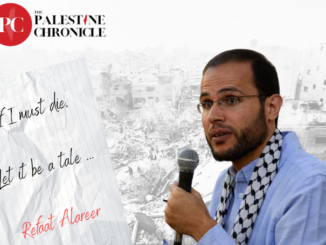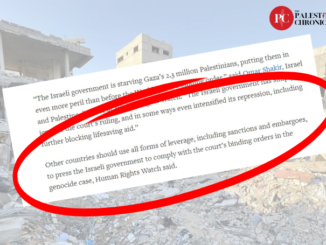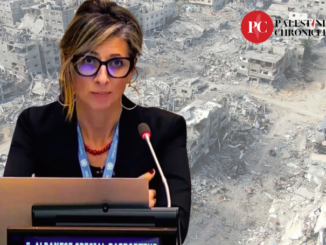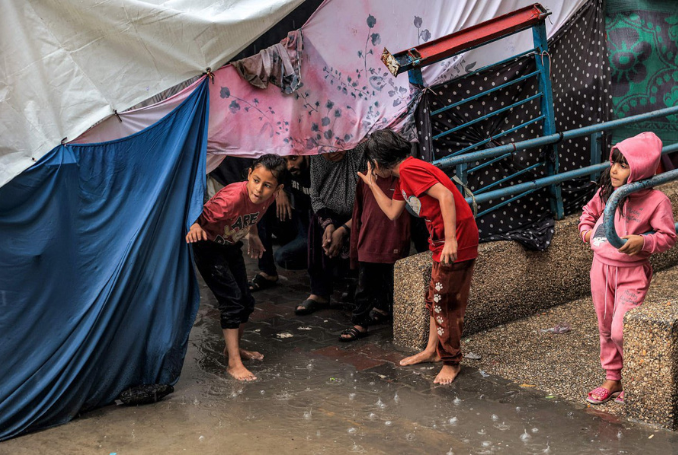
Displaced people in Gaza must face new problems and fears as heavy rain reaches the besieged and war-torn Strip.
A rainy weather system reached the Gaza Strip on Tuesday, November 14, 2023, marking the 39th day of the ongoing Israeli war on Gaza.
The Palestinian Weather Service website had warned of heavy rain in all areas of the Gaza Strip, along with a rise in water levels due to a cold air mass, cautioning residents about potential flooding caused by the rain.
“Inshallah, may the rain be delayed,” said Mohammad Al-Hayki, one of the displaced individuals in the UNRWA schools in the Nuseirat camp in the middle of the Gaza Strip soon before it started raining.
“We used to wish for rain every year, but today we don’t want it, fearing for hundreds of thousands of displaced people,” Al-Hayki continues.
“If it rains, we don’t know where to go or how to protect ourselves. People sleep in the streets, in schoolyards, in vacant lands—everywhere—and there’s nothing to protect them from the rain.”
The farmer Mamdouh Al-Nabahin says, “I have a large olive grove, and rain is a great blessing for us. However, in the current situation in Gaza, we hope it doesn’t rain and that its arrival is delayed until the end of the war.”
“Every year, we pray for rain starting from October, as it signals the olive harvesting season. But this year, the olive season ended before it even began, and the displaced people everywhere have no means to face the rain or endure the severe cold. There is no shelter for hundreds of thousands in Gaza now,” al-Nabahin added.
Using Rainwater for Drinking Clean Water
Journalist Bassam Mohsen called on all residents of the Gaza Strip, saying, “Thunderstorms are expected in various areas, and the rain will be accompanied by strong gusts of wind.”
Mohsen called on all displaced Gazans who will use rainwater for drinking water “to place clean containers and try to fill them during the rainfall”.
Amidst extreme hardship, children in #Gaza still find moments of bliss. pic.twitter.com/A6pyORbVKR
— The Palestine Chronicle (@PalestineChron) November 14, 2023
“I hope that all the displaced who sleep in the open will put up earth berms to prevent water from entering the tents, especially in the Mawasi area west of the cities of Khan Yunis and Rafah,” Mohsen said, adding:
“Everyone must strive to try to prevent damage from water entry and work to benefit from it. May God protect our people from all harm.”
(The Palestine Chronicle)
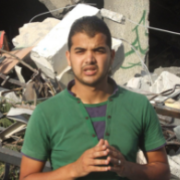
– Abdallah Aljamal is a Gaza-based journalist. He is a contributor for The Palestine Chronicle from the Gaza Strip. His email is abdallahaljamal1987@gmail.com

